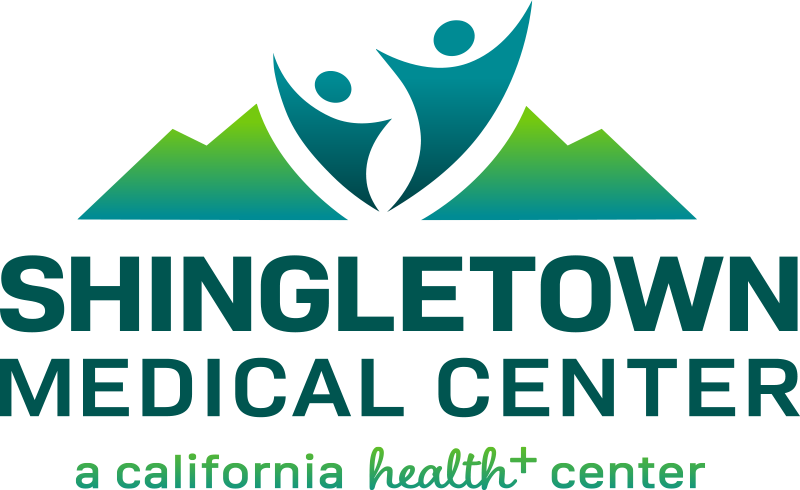Shared Responsibility - Part Two
Last week we explored the benefits of Shared Medical Provider-Patient Responsibilities.
This week we will examine the Shared Decision Making Responsibilities. We believe that shared care team-patient responsibility in health care is an essential ingredient for a successful health outcome and patient satisfaction. As we stated last week, data suggests that patients who share responsibility for their medical care have the best outcomes.
Informed, Shared Decision Making
Discussion should include what the patient may expect during treatment and in the outcome. A similar approach should be followed in planning tests, consultations or referrals. Each patient is unique in culture, value system, decision making, response to treatment and ability to adhere to recommended treatment. Alternatives and choices are available for many medical conditions. The goal of shared decision making is a well-informed patient acting on well-thought-out choices.
Decision Making: Patient's Rights and Responsibilities
These include the patient giving complete and honest information, expressing any concerns, asking questions and being involved in understanding and decision making. When the patient and the care team agree on a treatment plan, both should carry out their roles in a complete and timely manner. The patient must let the care team know if there are difficulties completing any of the tests/consultations or if they want to reconsider the agreed upon plan. The care team has a responsibility to communicate the results and impact of completed tests. The patient has a right to know his/her financial responsibilities for the care plan selected.
Patient Adherence: The Care Team’s Role
The care team’s role in recommending tests, consultations and treatments should include informed, shared decision making. The care team should arrange for or coach the patient on how to arrange for the test/consultation and for any return visit. The provider should share the test/consultation results and, as appropriate, involve the patient in shared decision making for continued evaluation/treatment. It is not the duty of the care team to remind patients of or ensure that patients follow the plan of recommended return visits, tests, consultations or treatments. In a case where the provider decides that patient non-compliance interferes with their ability to provide appropriate care, the provider would have the choice of terminating the patient-provider relationship. The physician has a right to expect payment for services rendered.
The staff at Shingletown Medical Center is proud to provide first-class care for you and your family. Please be sure to communicate with your care team and share in your care.

